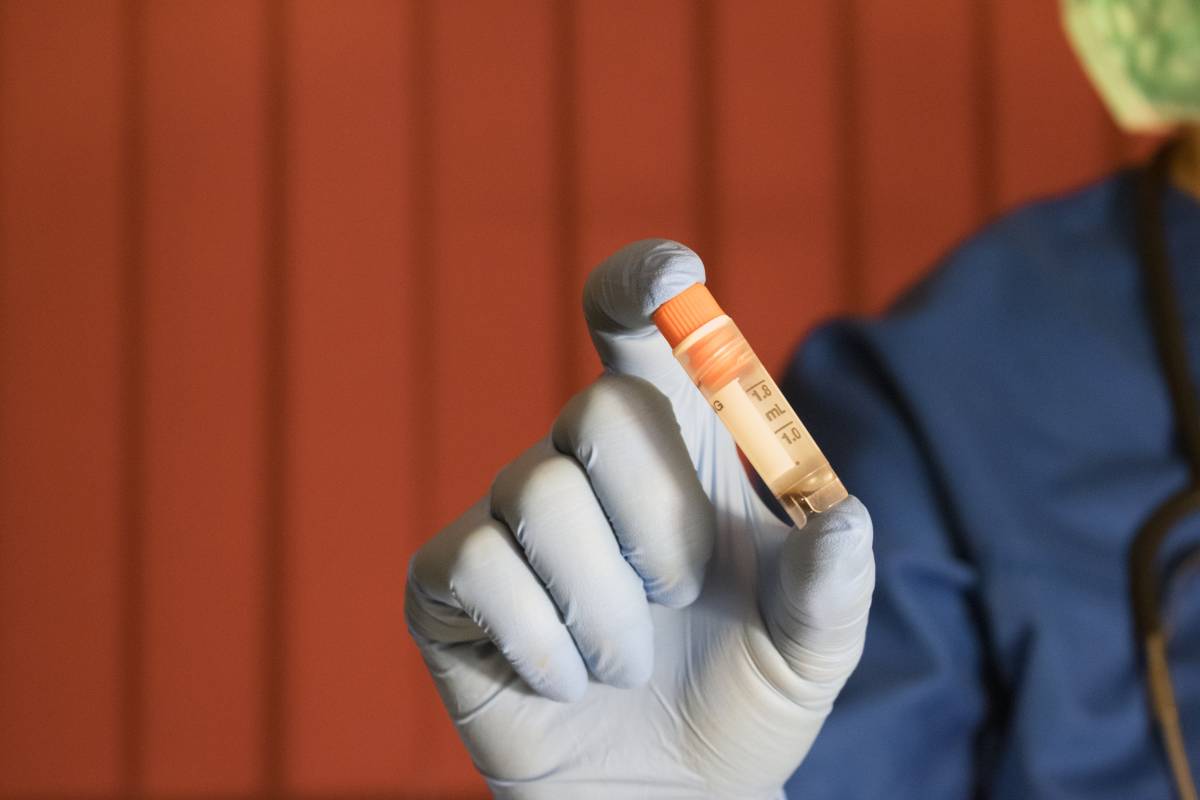Stem cell therapy can safely slow progression in relapsing-remitting multiple sclerosis, study says
Stem cells harvested from an individual’s bone marrow or blood can slow the progression of multiple sclerosis (MS) – the most common form of the autoimmune disease – in a safe fashion.
That is the conclusion of a research article that is published online today (26 September) in the Journal of Neurology Neurosurgery & Psychiatry.
Autologous haematopoietic stem cell transplantation (aHSCT) is often used to treat blood cancers. It involves harvesting stem cells from the person’s own bone marrow or blood followed by chemotherapy and antibody treatment.
While emerging evidence indicates that aHSCT is suitable for treating relapsing-remitting MS – characterised by distinctinflammatory episodes that cause varying degrees of residual disability – it has not yet been included in most national clinical guidelines.
The observational study was conducted in Sweden
The paper’s first author is Thomas Silfverberg from Uppsala University, who like his 19 co-writers is based in Sweden. They wanted to assess aHSCT’s safety and effectiveness when used in routine healthcare rather than under clinical trial conditions.
They identified 231 patients with relapsing-remitting MS, 174 of whom had been treated with aHSCT before 2020: 2004 was when the first of these patients had been treated with aHSCT. Their average age when treated was 31, and nearly two thirds (64 per cent) were women.
We believe that aHSCT could benefit a greater number of MS patients and should be included as a standard of care for highly active MS [Thomas Silfverberg et al]
How well aHSCT worked was evaluated by analysing data collected from the Swedish MS registry. And its safety was assessed by scrutinising the patients’ electronic medical records for the 100 days following the procedure.
On average, patients had had their disease for more than 3 years and had received an average of 2 lots of standard treatment (disease modifying drugs) before aHSCT; 23 had not had any treatment.
Around nearly three years, on average, after undergoing aHSCT, 20 patients (11 per cent) were given a disease modifying drug. This study showed no evidence of disease activity in nearly three out of four (73 per cent) of those treated after fiveyears and in almost two thirds (65 per cent) after 10. Among the 149 patients with MS who had some disability to begin with, more than half (54 per cent; 80) improved, just over a third (37 per cent; 55) remained stable, and about one in 10 (9 per cent; 14) got worse.
The annualised relapse rate was 1.7 in the year before aHSCT and 0.035 during the monitoring period, which averaged 5.5 years. Or put another way, on average, a patient had 1.7 relapses in the year before aHSCT treatment, and one1 relapse every thirtieth year after aHSCT treatment.
Five patients were required intensive care, and 61 developed a bacterial infection within 100 days of treatment. Febrile neutropenia (low white cell count accompanied by a high fever) was the most common side effect, affecting 68 per cent of patients.
Other viral infections were verified in 23 patients (13 per cent). Herpes zoster reactivation was documented in three of them, and three had a confirmed localised fungal infection. None died as a result of their treatment.
Summing up
As this was an observational study with no comparative group, no definitive conclusions can be drawn, the researchers acknowledge.
Nevertheless, Thomas Silfverberg and his colleagues conclude: ‘Our findings demonstrate that aHSCT for [relapsing-remitting MS] is feasible within regular healthcare and can be performed without compromising safety.
‘Our study corroborates the results observed in the only randomised controlled trial conducted to date. We believe that aHSCT could benefit a greater number of MS patients and should be included as a standard of care for highly active MS.’
To read the full version of the article – titled Haematopoietic stem cell transplantation for treatment of relapsing-remitting multiple sclerosis in Sweden: an observational cohort study doi 10.1136/jnnp-2023-331864 – click
Author: Ian A McMillan














